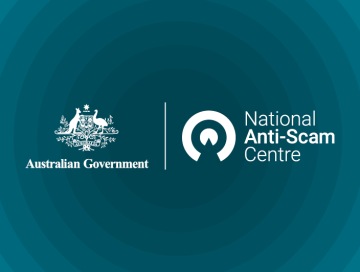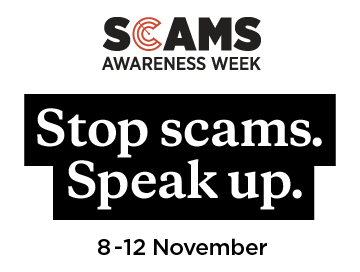68 results, showing 1 to 10
Criminals are impersonating real businesses and offering fake sustainability investment bonds. They claim these bonds offer high returns and are protected by the government.

Criminals are calling people and pretending to be from a trusted organisation like a bank, IT company or phone company.

Criminals are calling, emailing or messaging people and pretending to be from their bank so that they can steal your money.

Scammers are creating lifelike impersonations (or 'deepfakes') of celebrities and public figures, who appear to be promoting 'quantum' or 'AI' online trading platforms.

People looking for work are being warned to watch out for scam job or 'side hustle' ads on social media.

People looking for work are losing money to scammers who pretend to be real organisations or recruiters offering work.

In May 2023, the government funded the ACCC to set up a new National Anti-Scam Centre.
The centre will bring together experts from government and the private sector to tackle harmful scams.

Scams Awareness Week 2021 takes place 8-12 November. This Scams Awareness Week we’re encouraging everyone to start a conversation about scams.

Since August 2021, many Australians have been getting scam text messages about tracking a delivery, missed calls or voicemails, along with a link to download some software. If you receive one of these messages, do not click or tap on the link.

Investment scams reported to Scamwatch have cost Australians over $70 million in the first half of this year, more than the total losses reported to Scamwatch for all of 2020, and projected losses are set to reach $140 million by the end of the year.



